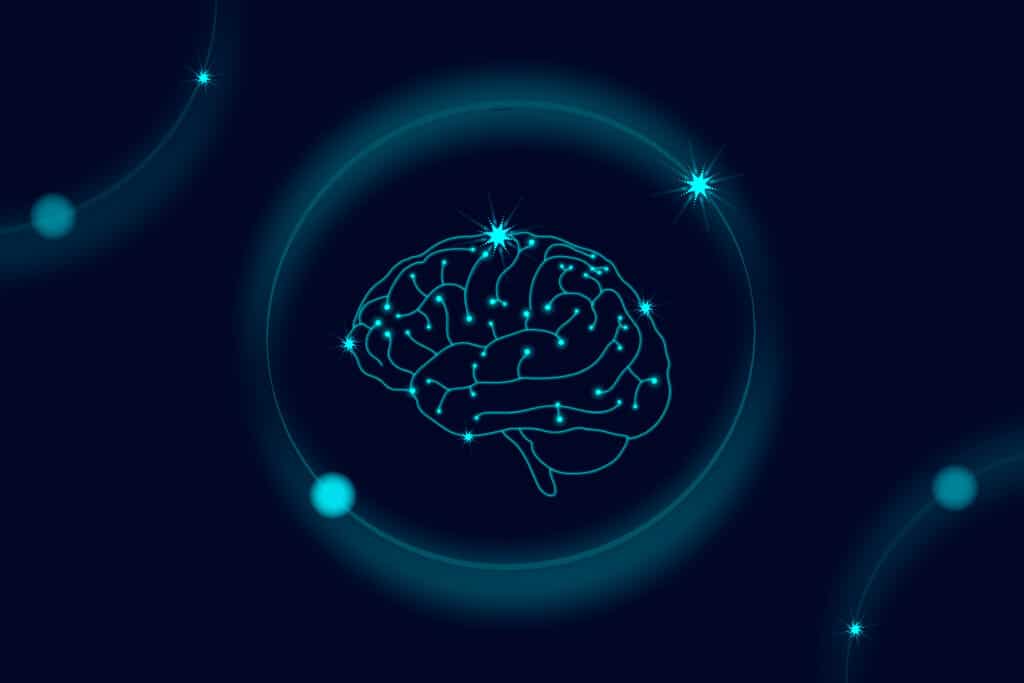Potential biases to be aware of when using generative AI for legal recruitment

The Lawyer financial services conference was last month and I have been thinking about one of the panel discussions on generative AI. One of the points raised was that it is crucial to be-aware of bias when using generative AI for recruitment. Whilst generative AI can offer certain advantages in legal recruitment, there can also be potential dangers. I think some of the following points are very important to be aware of and even more crucially highlight the value of a human oversight in any recruitment process.
Bias and discrimination:
Generative AI models are trained on large datasets, which may inadvertently contain biases and discriminatory patterns present in the training data. If not properly addressed, the AI system can perpetuate and amplify these biases, leading to discriminatory outcomes in the recruitment process. This can result in unfair treatment of candidates based on factors such as gender, race, or socioeconomic background.
Lack of interpretability:
Generative AI models often lack transparency and interpretability making it challenging to understand how they arrive at their decisions or generate specific outputs. This lack of interpretability can be problematic in the legal field, where the reasoning and justifications for decisions are crucial.
Legal and ethical considerations:
Using generative AI for legal recruitment raises legal and ethical concerns. There may be legal implications related to privacy, data protection, and discrimination laws. Ethically, using AI in recruitment processes can raise questions about fairness, accountability, and the potential for dehumanizing or devaluing candidates by relying solely on automated decision-making.
Limited contextual understanding:
Generative AI models may struggle to comprehend the nuances and context-specific information relevant to legal recruitment. Legal professions require deep knowledge, critical thinking, and contextual understanding, which can be challenging for AI systems to replicate accurately.
Replicating existing biases:
Generative AI models learn from existing data, and if that data is biased, the AI system may reproduce and perpetuate those biases. This can result in a reinforcement of existing inequalities and hinder efforts to promote diversity and inclusion in the legal profession.
Lack of human judgment and empathy:
Legal recruitment often involves subjective assessments of candidates‘ qualifications, skills, and potential. Generative AI may struggle to incorporate human judgment, empathy, and intuition, which are essential in evaluating qualities such as emotional intelligence, communication skill and cultural fit.
It is important to consider these dangers and challenges when using generative AI in legal recruitment. Implementing robust safeguards, ensuring diversity in training data, incorporating human oversight, and regularly monitoring and evaluating the AI system can help mitigate risks and promote fair and ethical outcomes. Ultimately, generative AI should be seen as a tool to support human decision-making rather than a replacement for human judgment and expertise.
To discuss the current market, your career or hiring needs, do not hesitate in contacting Nikki Newton.



